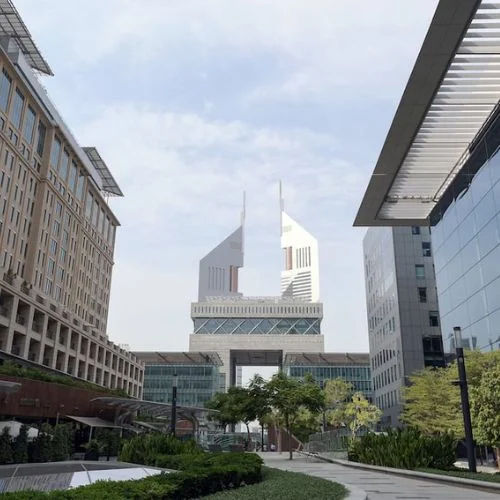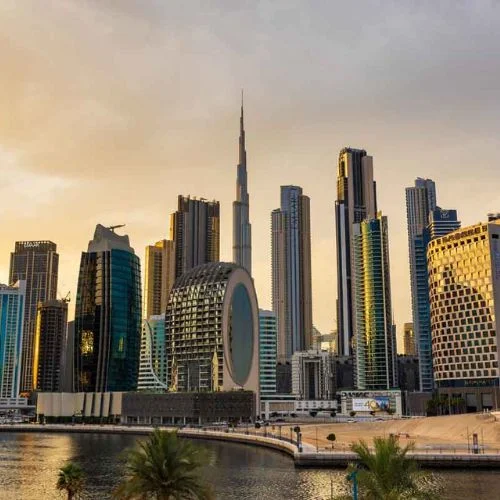According to four official and industry sources, India intends to reduce equity investment to $1.8 billion for 2023–2024 in order to support the green energy projects of three state oil refiners. This move comes as the federal government looks to reduce its fiscal deficit.
The third-largest economy in Asia is prioritising spending in an effort to keep its budget deficit to 5.9% of GDP for the current fiscal year, which ends in March. The economy is facing a 40% shortfall in revenue collection from share sales in state-run firms.
Indian Oil Corp (IOC.NS) has set a target for 2046, while state-run Bharat Petroleum Corp and Hindustan Petroleum Corp (HPCL.NS) hope to eliminate net carbon emissions from their operations by 2040.
The budget for this fiscal year included an announcement of 300 billion rupees ($3.61 billion) in equity support to assist the enterprises in meeting their targets.
However, a representative from the sector and the government stated that the funds will be disbursed gradually and that the government will pay 150 billion rupees in equity support in 2023–2024.
According to one of the sources, the government has reduced the amount because the refiners’ financial standing is strong and they do not need 300 billion rupees for capital expenditures this year.
As the federal cabinet has not yet approved the details, all of the persons with firsthand knowledge of the situation spoke under anonymity.
When Reuters emailed India’s oil ministry, finance ministry, and oil firms for comments, they did not reply.
BPCL and IOC are expected to reduce the size of their planned rights offerings by half, to 90 billion and 110 billion rupees, respectively, according to two industry sources.
According to one of the two industry insiders, refiners would not require funding for energy transition projects right away, and their capital expenditures won’t rise dramatically for another two to three years.
According to a second official source, the government will increase its ownership holding in HPCL by 1%–1.5% through the preferential issuance of shares by Oil and Natural Gas Corp (ONGC.NS), the parent company of the company.
The government’s intention to reduce its equity interest by half, the size of the planned rights offer by BPCL and IOC, and the preferential issue by ONGC have not been previously disclosed.
Since the government sold ONGC its whole 51.1% ownership in HPCL in 2018, the government is unable to directly support the corporation.
The government has taken into consideration a number of funding possibilities for HPCL, including an ONGC rights issue.
According to two industry insiders, in order for the government to finish the procedure before the start of the next fiscal year on April 1, oil companies must launch rights and preferential issues by mid-March.















